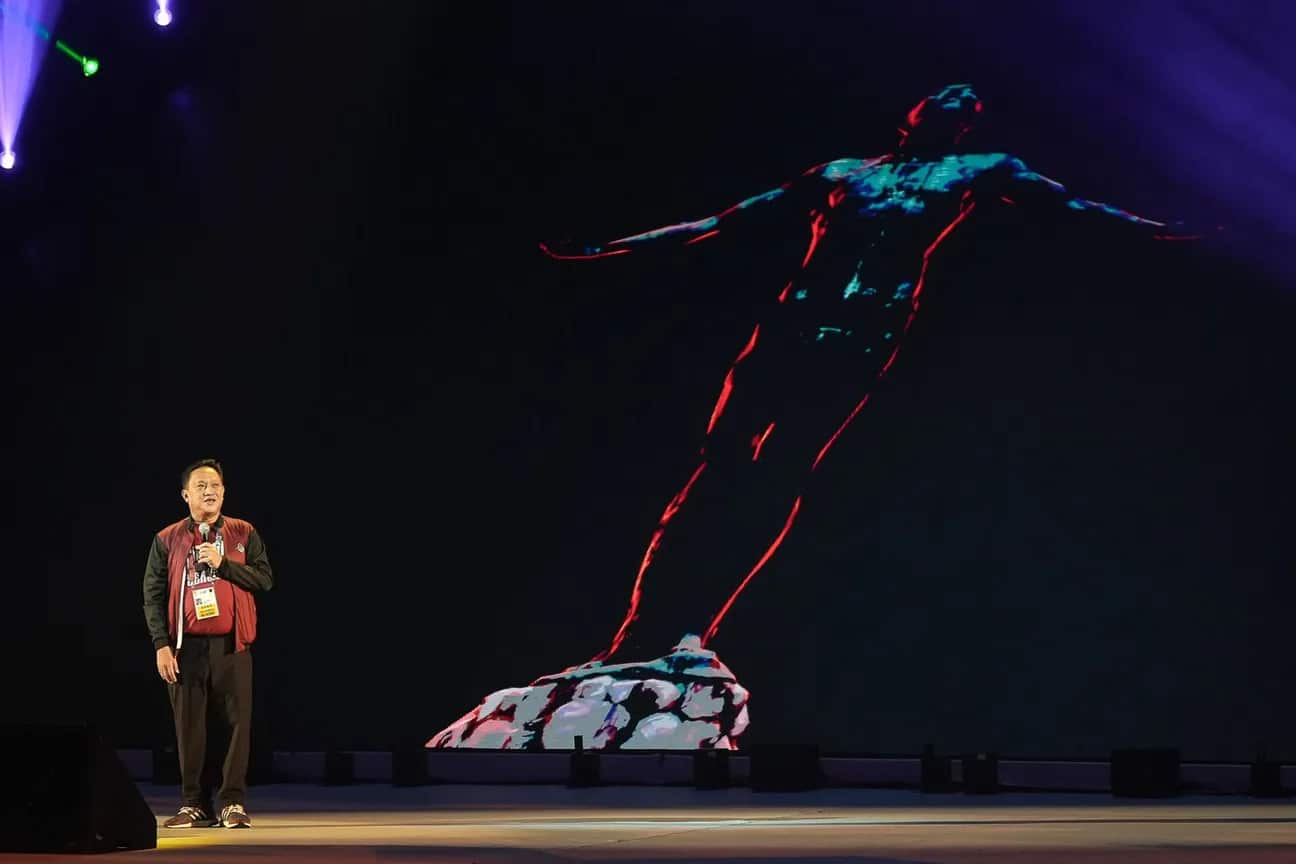It warms my heart to know that my colleagues at the University of the Philippines view it as a good place to work. We accept this compliment with humility and a measured sense of pride, recognizing that the qualities of our unique workplace echo similar environments in academia.
Why is UP an ideal workplace?
Many university employees cite the friendly, collaborative, and supportive “academic culture” that encourages open dialogue and the exchange of ideas.
At the heart of this culture is the principle of academic freedom—a value we steadfastly advocate and defend.
This commitment to openness fosters a diverse array of perspectives, creating a respectful and inclusive environment.
In my view, a great university is defined by its people—faculty, staff, and students.
In UP, the life of the mind thrives, offering intellectual stimulation, freedom, and opportunities to collaborate with brilliant minds.
Our faculty and students are driven by a passion for pushing the boundaries of knowledge in service to our country. There is a powerful allure in being part of UP’s historic mission to cultivate national leaders and drive innovation.
UP is recognized for its unwavering commitment to freedom of expression. We also provide physical and social settings that promote high standards of teaching, research, and public service. The values of freedom and service resonate deeply with our staff.
Thanks to recent rounds of salary adjustments and to the generous incentives we provide our faculty for productivity and publications, among others, teaching in UP has become an attractive proposition. Whenever possible, we build campuses that create positive and enabling environments for work, study, and living, and enforce policies that ensure safe spaces for intellectual and social expression.
Sustaining the ideal workplace
We strive to make a UP education accessible to all, regardless of socioeconomic background. This entails measures to ensure inclusivity and affordability in our university admissions processes.
We remain dedicated to academic excellence, maintaining high standards in teaching, research, and innovation while contributing to advancements across various fields. We nurture a sense of civic responsibility by encouraging our staff to engage with local communities and address societal issues.
Steering a university system toward success requires vision, management, and interpersonal skills.
A clear and inspiring vision aligns our collective efforts, while a delicate balance between running day-to-day tasks and making people heard and valued is essential.
Strong relationships with stakeholders—government, alumni, and the community—are vital as well for a healthy ecosystem.
In a constantly evolving educational landscape, adaptability is key.
Reaffirming a historic mission
We move forward proudly and with a renewed sense of mission in our historic role, not just in higher education but in national leadership.
The world has changed since UP’s founding, and my challenge today is to provide guidance and direction in this rapidly evolving landscape—a challenge I embrace as UP president.
I never imagined stepping into such a role. I was born far from what have become the centers of wealth and power in our country.
Ironically, we often forget that once upon a time, Mindanao—and particularly my home city of Butuan—was that very center.
As we often say where I come from, “Before there was the Philippines, there was Butuan,” a city of goldsmiths and shipbuilders, of a proud and industrious people who ventured far beyond their shores to make their mark in the world.
I, too, have been fortunate to travel far, driven both by my hunger to learn and by the demands of my profession. I went as far as war-torn Iraq where, as a hostage negotiator, I physically grabbed Filipino hostage Robert Tarongoy into freedom and safety in the middle of Baghdad’s bloodied streets.
My wife and I also came home with a new daughter, an infant left at our doorstep and a blessing from God.
In 2022, I returned to my roots for my investiture as the 22nd UP president—the first from Mindanao.
Embracing my indigenous identity as Datu Mankalagan of the Manobo tribe, I now lead with optimism and enthusiasm, fully aware of the complex responsibilities of guiding our ten constituent campuses.
This is not just my journey but that of my co-workers—to live up to UP’s motto of honor and excellence in the service of the nation.
(Jimenez is President of University of the Philippines System)
